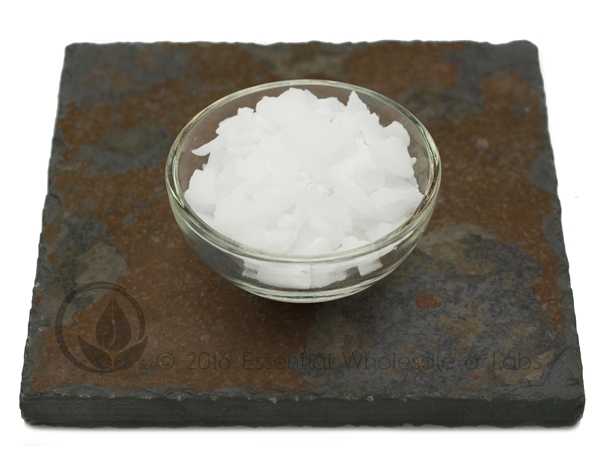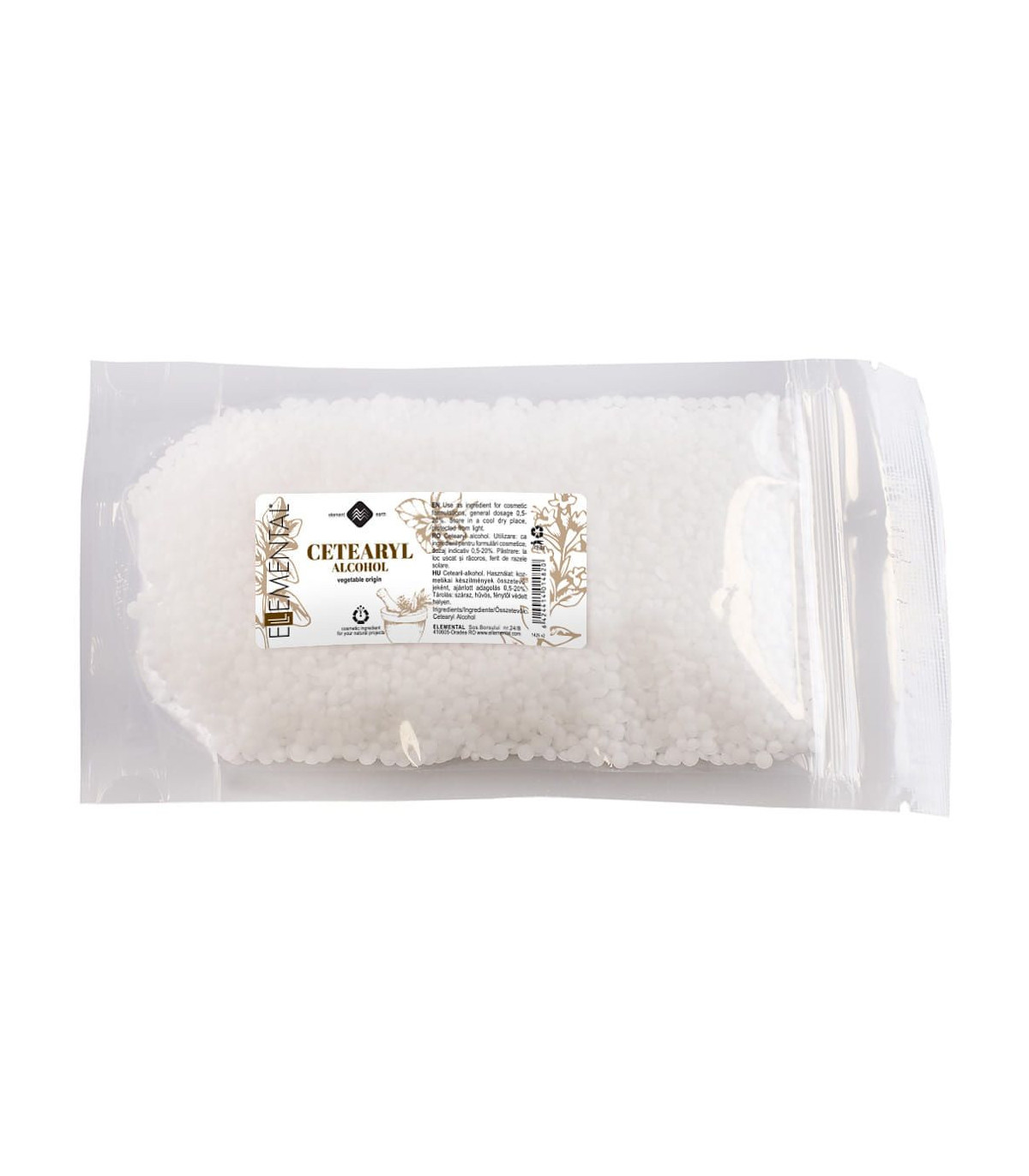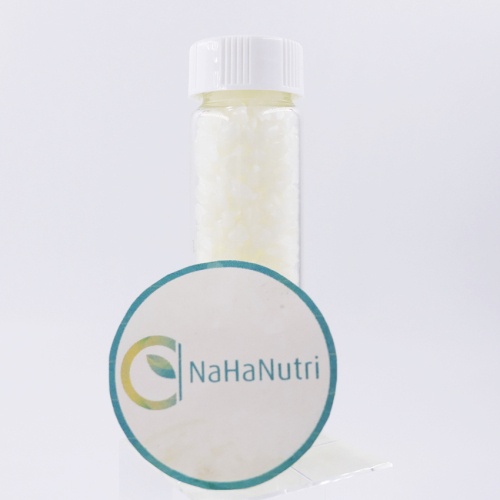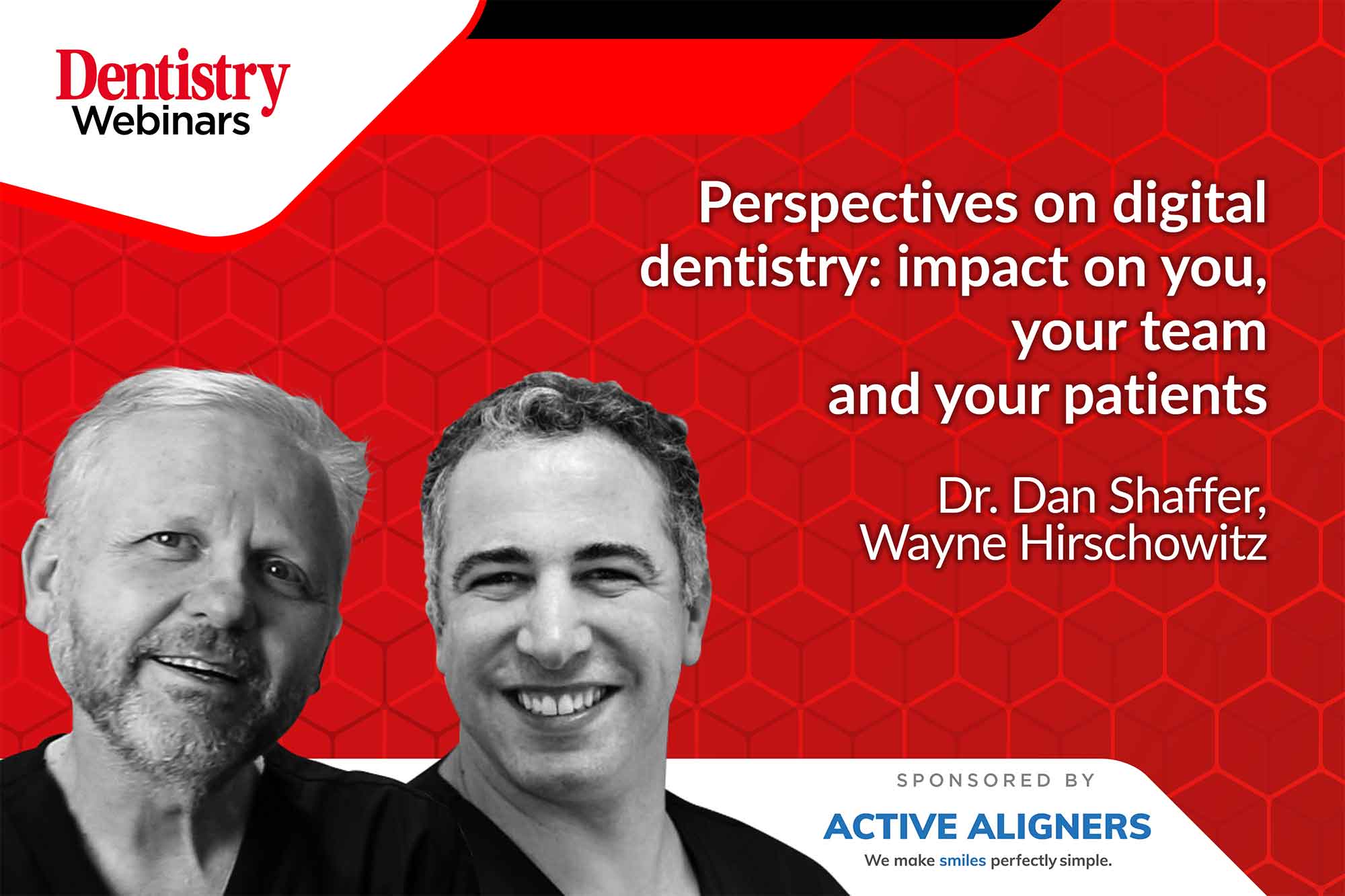Table Of Content

In hand lotion, for example, adding this ingredient creates a smoother application. But this emollient’s primary use is softening and moisturizing dry or damaged hair and skin. But fatty alcohols, like cetearyl alcohol, don’t have the same effect on the skin as other alcohols due to their chemical structure.
Minimize Frizz
I adore the simplicity of a simple hair care routine, the richness of diverse textures, and the joy of sharing my journey from the comfort of my space. Cetearyl Alcohol won’t harm your colored hair and will help make chemically processed hair softer and more manageable. On the other hand, short-chain alcohols like Ethanol have a drying effect that can damage chemically treated hair. It’s a white, flakey, waxy solid that’s derived naturally from plant extracts like palm oil, coconut oil, or corn oil. As well as being naturally present in many plants, it can also be made synthetically in a lab. Every alternate day you can shampoo your hair which has cetostearyl alcohol in its ingredient list.
Exploring Various Types of Alcohols: From Simple to Complex Structures
Long-chain alcohols do not evaporate quickly like short-chain ones do; they are oily, and they stick around on your hair for longer. This helps to provide long-term hydration and protection for your strands. I’m just a girl who transformed her severely damaged hair into healthy hair.
Hydrates Dry Hair

It is used in hair care products as a thickening agent to improve the texture and appearance of the tresses. It’s important to read product labels carefully and consult a dermatologist if you have any concerns about potential allergens. Ultimately, while cetyl alcohol can be beneficial for many hair types, it’s not a one-size-fits-all solution. Long-chain alcohols, on the other hand, are much better for the health of your hair.

Curlvana products have been formulated with ingredients that are scientifically proven to benefit curly and textured hair. Cetearyl alcohol is a fatty alcohol that is found in cosmetic products. This white-colored substance is a blend of cetyl alcohol and stearyl alcohol, both of which are fatty alcohols. Cetearyl alcohol is not in the category of “drying alcohols.” Instead, they can be beneficial for certain hair types. Given its prevalence in hair care products, it’s crucial to understand its chemical composition, safety, and impact on the hair and scalp.
Cetearyl Alcohol / Cetyl Stearyl Alcohol
It also works as a thickener, enhancing the viscosity and texture of the shampoo. It acts as an emollient, providing moisturization and softness to the hair. Curly hair tends to be drier and more prone to frizz due to its unique structure.
What does cetearyl alcohol do in skin and hair care?
An older 1988 safety assessment found it is safe as a cosmetic ingredient. Manufacturers also use cetearyl alcohol to stabilize emulsions, which are mixes of oil and water. Cetearyl alcohol can build up on hair, but it won’t if used in moderation. But because it’s oily and creamy, it can become very heavy on finer and straighter hair.
As a dynamic husband and wife duo behind Curl Centric, our passion for curly hair has fueled a transformative journey. It’s considered to be a non-drying alcohol and is often added to moisturizing products. But since both ingredients have “alcohol” in the name, it’s easy to see how the confusion started. Cetyl alcohol is not bad for your hair – it’s actually good for it. Surfactants are ingredients that lower the surface tension between two substances, such as two liquids or a liquid and a solid. Another job of surfactants is to degrease and emulsify oils and fats and suspend dirt, allowing them to be washed away.
Is Cetyl Alcohol Bad for Hair? Are Other Hair Alcohols Good?
Its use can be traced back to traditional beauty practices where natural oils and butters were used to nourish and protect the hair. If you're on a journey to combat grey hair and hair loss, you've likely come across the term "cetearyl alcohol." Before using this product, tell your doctor or pharmacist if you are allergic to any of the ingredients in the product; or if you have any other allergies. I don’t think using shea products have weighed it down but I’m willing to try anything at this point, the breakouts are painful.
Cetearyl alcohol is a vital ingredient in the realm of hair regrowth and combating grey hair. Just 2 minutes a day is all it takes to incorporate our system into your hair care routine. Effortlessly integrate it into your busy schedule for maximum convenience. Overall, it contributes to a pleasurable shampoo experience while delivering the desired hair care benefits.
Fatty alcohols are usually oily and waxy, not drying, and commonly used as emulsifiers, says Frey. We, too, have been baffled by beauty product labels, so we went straight to the experts to demystify the beauty ingredient commonly found in your skincare products. Dermatologists Francesa Fusco, MD and Sejal Shah, MD, FAAD answer all of your biggest questions about cetearyl alcohol below so you're never left wondering about your products again. Most alcohols can cause hair and scalp drying, so it is best to avoid them.
If you want to use styling products like mousse or hair spray to create your style, avoiding drying alcohols entirely is impossible. However, if you have curly, dry, or damaged hair, it’s better to choose alcohol-free products if they’re available. But it’s probably best known as a conditioning agent in hair care products. You’ll see it on the ingredient list for many shampoos, conditioners, serums, hair dyes, and mousses. This is why you will find this nice, hydrating fatty alcohol in our conditioners and hair care products. However, excessive use of hair care products containing cetearyl alcohol, combined with other styling products or inadequate cleansing, can potentially contribute to product build-up.
They both hydrate dry, frizzy curls while providing your hair with a glorious sheen. Hairdressers have long understood just how important cetearyl alcohol is as an ingredient. It is a main ingredient in shampoos, conditioners, and even hair dyes. You’ll also find it in skin products, such as lotions and moisturizers. You must have seen people being shocked when you talk about using alcohol on your hair. And one such example is Cetostearyl Alcohol which is known to be an emollient and makes your hair soft and smooth, thereby improving its texture and appearance.
This helps to make your hair soft, smooth and adds volume to your hair. Help to keep emulsions from separating into its oil and liquid components. Fatty alcohols and widely used in cosmetics and personal care products, especially skin lotions and creams.
Cetearyl Alcohol’s conditioning properties extend beyond simple moisture retention. It also aids in detangling the hair, making it easier to comb through and reducing breakage. It also helps to minimize frizz by smoothing down the hair cuticle, resulting in a sleeker and more polished appearance. Whether you have curly, wavy, or straight hair, the inclusion of Cetearyl Alcohol in your hair care routine can help tame unruly strands.
Formulating With Alternatives In Personal Care Products - Happi
Formulating With Alternatives In Personal Care Products.
Posted: Mon, 04 Jan 2021 08:00:00 GMT [source]
Unfortunately, some styling products, like aerosol-based products i.e., hair sprays can’t be made without using some of these types of alcohols. When hair is dry and has been styled, you don’t want a hair spray that is too wet because it will interfere with your style. Most hard or firm hold styling resins won’t dissolve in water so alcohol is necessary. Due to its emulsifying properties, cetearyl alcohol helps stabilize the ingredients in hair care formulations, preventing separation and ensuring the product's longevity. On the other hand, cetearyl alcohol is a mixture of fatty alcohols used as a surfactant and foam booster.




















